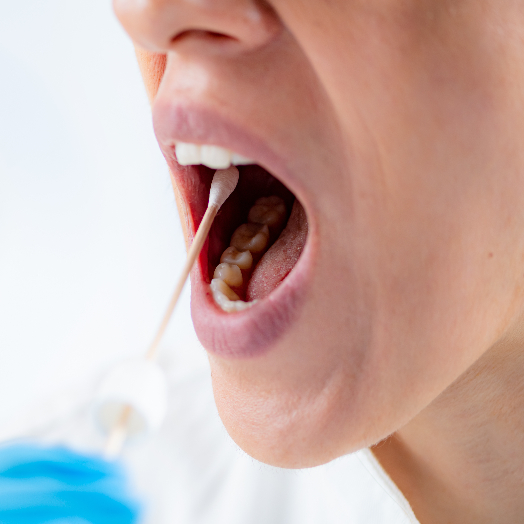The symptoms of oral and mouth cancer may include a sore or lump in the mouth or on the lips that doesn't heal, difficulty swallowing or speaking, a persistent sore throat, ear pain, and a change in the appearance of the tongue or gums. However, in some cases, oral and mouth cancer may not cause any symptoms.
The exact cause of oral and mouth cancer is not fully understood, but risk factors may include tobacco use, heavy alcohol consumption, human papillomavirus (HPV) infection, and a diet low in fruits and vegetables.
Treatment for oral and mouth cancer typically involves surgery to remove the affected tissue, followed by radiation therapy and/or chemotherapy to kill any remaining cancer cells. In some cases, targeted therapy may also be used. The choice of treatment depends on the stage and severity of the cancer, as well as the patient's overall health and other factors.
The prognosis for oral and mouth cancer depends on the stage and severity of the cancer, as well as the patient's age and overall health. Early detection and treatment are important for improving outcomes for patients with oral and mouth cancer. Regular dental checkups and self-examinations of the mouth can help with early detection.
